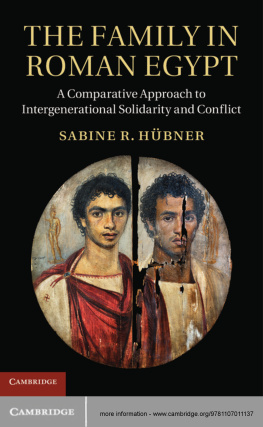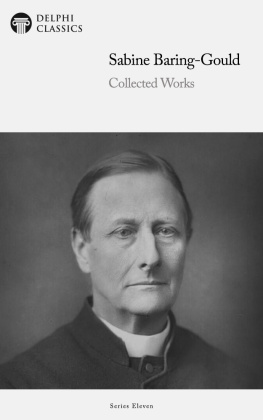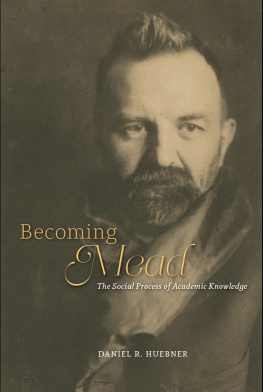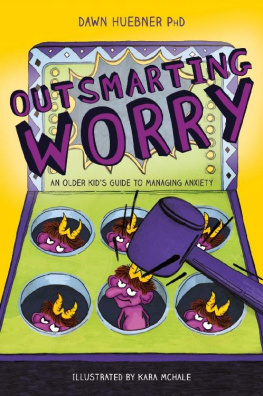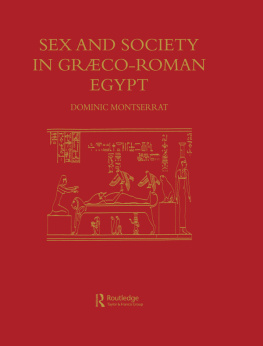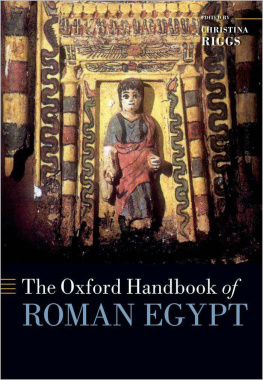Sabine R. Huebner - The Family in Roman Egypt
Here you can read online Sabine R. Huebner - The Family in Roman Egypt full text of the book (entire story) in english for free. Download pdf and epub, get meaning, cover and reviews about this ebook. year: 2013, publisher: Cambridge University Press, genre: Home and family. Description of the work, (preface) as well as reviews are available. Best literature library LitArk.com created for fans of good reading and offers a wide selection of genres:
Romance novel
Science fiction
Adventure
Detective
Science
History
Home and family
Prose
Art
Politics
Computer
Non-fiction
Religion
Business
Children
Humor
Choose a favorite category and find really read worthwhile books. Enjoy immersion in the world of imagination, feel the emotions of the characters or learn something new for yourself, make an fascinating discovery.
- Book:The Family in Roman Egypt
- Author:
- Publisher:Cambridge University Press
- Genre:
- Year:2013
- Rating:3 / 5
- Favourites:Add to favourites
- Your mark:
- 60
- 1
- 2
- 3
- 4
- 5
The Family in Roman Egypt: summary, description and annotation
We offer to read an annotation, description, summary or preface (depends on what the author of the book "The Family in Roman Egypt" wrote himself). If you haven't found the necessary information about the book — write in the comments, we will try to find it.
The Family in Roman Egypt — read online for free the complete book (whole text) full work
Below is the text of the book, divided by pages. System saving the place of the last page read, allows you to conveniently read the book "The Family in Roman Egypt" online for free, without having to search again every time where you left off. Put a bookmark, and you can go to the page where you finished reading at any time.
Font size:
Interval:
Bookmark:

This study captures the dynamics of the everyday family life of the common people in Roman Egypt, a social stratum that constituted the vast majority of any ancient society but rarely figures in ancient sources or in modern scholarship. The private letters and the census returns that survive among the rich papyrological evidence from Graeco-Roman Egypt provide us with a wealth of information on these people not available for any other period or region of the ancient Mediterranean. The book discusses such things as family composition; the differences between urban and rural families; obligations of parents and children; choice of spouse; postmarital residence patterns; widowhood, divorce, and remarriage; the role of the daughter-in-law; adoption and fosterage; and provision for old age. The study analyses what can be ascribed to cultural patterns, economic considerations, and/or individual preferences by setting Roman Egypt into context with other traditional patriarchal societies where families adopted such strategies to deal with similar exigencies of their daily lives.
SABINE R. HUEBNER (Dr. phil., Jena, 2005; Habilitation, Berlin, 2010) is Privatdozentin of Ancient History at Freie Universitt Berlin and a Heisenberg Visiting Fellow at the Institutum Romanum Finlandiae and the British School at Rome (2012/13). Among her publications are a monograph on the clergy in the later Roman Empire ( Der Klerus in der Gesellschaft des sptantiken Kleinasiens , Stuttgart, 2005), a co-edited volume, Growing Up Fatherless in Antiquity (with David M. Ratzan, Cambridge, 2009), and the co-edited thirteen-volume Blackwell Encyclopedia of Ancient History (Oxford, 2012). She has also contributed many articles on aspects of the family in Greek and Roman society to international journals and handbooks.

This publication is in copyright. Subject to statutory exception and to the provisions of relevant collective licensing agreements, no reproduction of any part may take place without the written permission of Cambridge University Press.
Cambridge University Press has no responsibility for the persistence or accuracy of URLs for external or third-party internet websites referred to in this publication, and does not guarantee that any content on such websites is, or will remain, accurate or appropriate.
It is a great pleasure to acknowledge the many individuals and institutions without whose considerable support this book would not have been written. This book was accepted as a Habilitationsschrift at Freie Universitt Berlin in November 2010. I would like to express my deep gratitude to the members of my Habilitation committee, Ernst Baltrusch, Roger Bagnall, and Winfried Schmitz, for their endorsements and detailed comments on the manuscript. I am especially grateful to Roger Bagnall for his continuous guidance, unwavering support, and encouragement over the years and for the inspiration that his own work has often provided. I would also like to thank Glen Bowersock, Brent Shaw, and Mireille Corbier for their generosity in carefully reading and meticulously commenting on drafts of chapters. Over the years, Ernst Baltrusch, Walter Scheidel, Raffaella Cribiore, and Walter Ameling have been invaluable sources of general advice, insight, and encouragement and I am sincerely grateful to them. Finally, I should not forget to thank the anonymous readers of Cambridge University Press for their most diligent perusal: their comments were a tremendous source of help and inspiration when redacting the final version of the manuscript.
Many thanks also go to my colleagues and friends at Columbia University, the Institute for the Study of the Ancient World, UC Berkeley, and the Institute for Advanced Study in Princeton for their active interest and helpful discussions. Special thanks go to David Ratzan, Anna Boozer, Graham Claytor, Jinyu Liu, and Richard Payne for their unfailing support and constructive criticism. I presented preliminary results and works-in-progress of this study at various institutions and conferences in the USA and Europe, and I am grateful to all (too many to acknowledge) who provided valuable and thoughtful comments. I am grateful to Mireille Corbier, Isabella Andorlini, Jinyu Liu, Joshua Goldstein, Roberta Mazza, Katariina Mustakallio, Hartwin Brandt, and Walter Scheidel for invitations to present aspects of this study in the form of seminars and workshops at the cole Normale Suprieure in Paris, the Universit di Parma, DePauw University, the Max-Planck Institute for Demographic Research in Rostock, the University of St. Andrews, the Universit di Bologna, the Institutum Romanum Finlandiae, Bamberg University, and Stanford University.
My deep thanks also go to Elizabeth Bulls, Brbel Trettler, and Marian Zelazny for handling all of the administrative tasks on my research grants. I also would like to thank Terrie Bramley for proofreading the manuscript, and Karen Downing, Kirstie Venanzi, and Gabriella Hoskin at the Institute for Advanced Studies in Princeton for locating various books for me.
I also wish to thank a number of institutions for their generous financial support that enabled me to undertake the present work: the European Commission for a three-year Marie-Curie Research Fellowship at Columbia University and Freie Universitt Berlin, the German Research Foundation (DFG) and the German Academic Exchange Service (DAAD) for a one-year research grant at Columbia University, the Institute for the Study of the Ancient World (ISAW) at New York University for a one-year visiting fellowship, and the Institute for Advanced Study (IAS) in Princeton, where I spent the spring semester of 2010 as a Member at the School of Historical Studies generously supported by the Herodotus Fund.
Special thanks go to my editor at Cambridge University Press, Michael Sharp, and the members of his team Joanna Breeze and Elizabeth Hanlon, who were extremely helpful, kind, and efficient at all stages of production. I am also grateful for the sharp eye and intelligent advice of my copy-editor, Merle Read. I dedicate this book on the Roman Egyptian family to my own Roman Franco-German one, my two little girls, Nina and Marla, and Stphane.
Font size:
Interval:
Bookmark:
Similar books «The Family in Roman Egypt»
Look at similar books to The Family in Roman Egypt. We have selected literature similar in name and meaning in the hope of providing readers with more options to find new, interesting, not yet read works.
Discussion, reviews of the book The Family in Roman Egypt and just readers' own opinions. Leave your comments, write what you think about the work, its meaning or the main characters. Specify what exactly you liked and what you didn't like, and why you think so.

